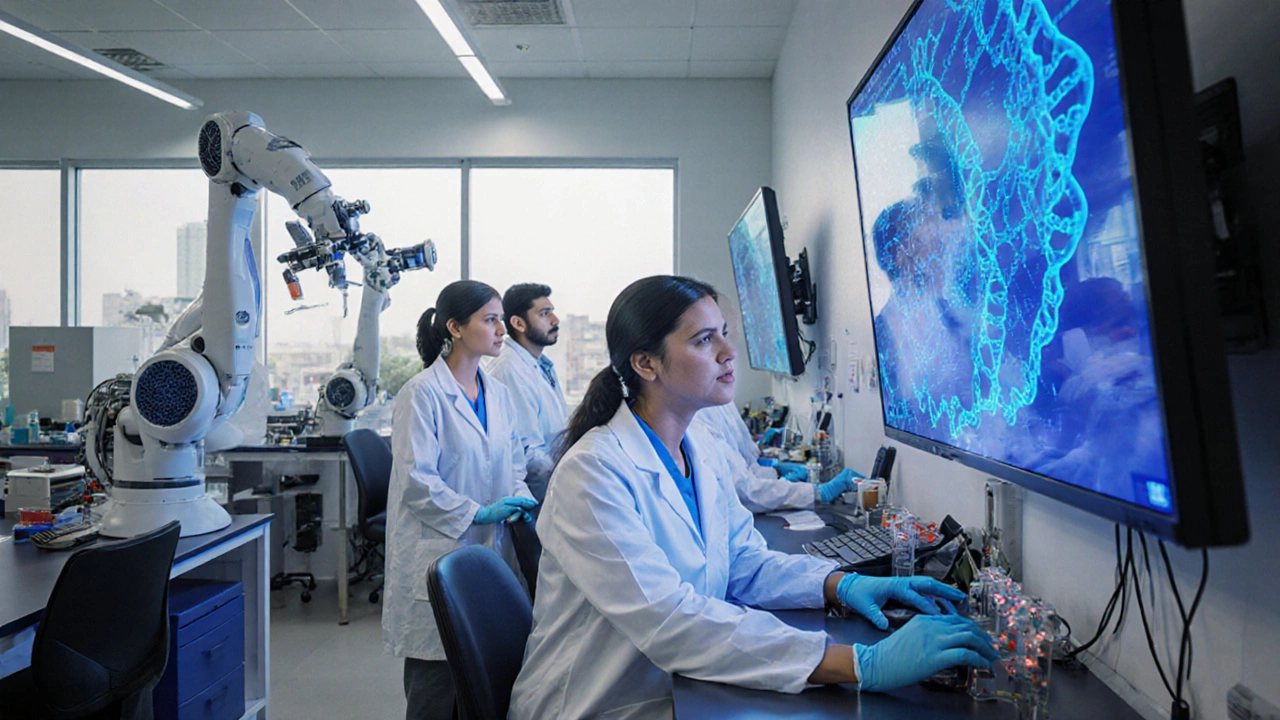STEM Career and Education: What It Really Means in India Today
When you think about STEM career, a professional path in science, technology, engineering, or mathematics that leads to innovation and high-demand jobs. Also known as science and technology workforce, it’s not just about degrees—it’s about solving real problems with skills that businesses and labs actually need. In India, a STEM career isn’t a luxury anymore. It’s the fastest way to build a future that pays well, grows fast, and makes a difference. Whether you’re aiming to work in a lab, code for a startup, or even join NASA, the path starts with the right education and mindset.
STEM education, a hands-on learning approach that blends science, tech, engineering, and math to build problem-solving skills isn’t just what happens in classrooms. It’s what you do when you learn to analyze data, design a simple robot, or understand how gene editing works. It’s the difference between memorizing formulas and using them to fix a real issue—like improving crop yields or building affordable medical devices. And it’s not just for top students. Anyone who’s curious, persistent, and willing to learn can build a strong foundation. Look at the posts here: some break down how to land a job in healthcare research, others show you what it really takes to get into data science or biotechnology. These aren’t theoretical ideas—they’re step-by-step maps from where you are now to where you want to be.
What ties all these paths together? Skills like critical thinking, clear communication, and the ability to learn quickly. You don’t need to be a genius—you need to be consistent. The best biotech roles in India now pay over ₹25 lakh a year, not because the candidates are perfect, but because they knew how to build the right skills at the right time. NASA doesn’t hire people who just love space—they hire those who’ve built projects, interned where it mattered, and can prove they solve problems under pressure. And if you’re wondering if data science is hard? It’s not about being the smartest. It’s about knowing where to start, what tools to use, and sticking with it.
You’ll find guides here that cut through the noise. No fluff. No vague advice. Just clear steps: how to write a resume that gets noticed in healthcare research, how to prepare for a NASA application, what courses actually matter for biotech jobs, and how to turn classroom learning into real-world results. Whether you’re in a small town or a big city, the tools and opportunities are within reach—if you know where to look and what to do next.
















